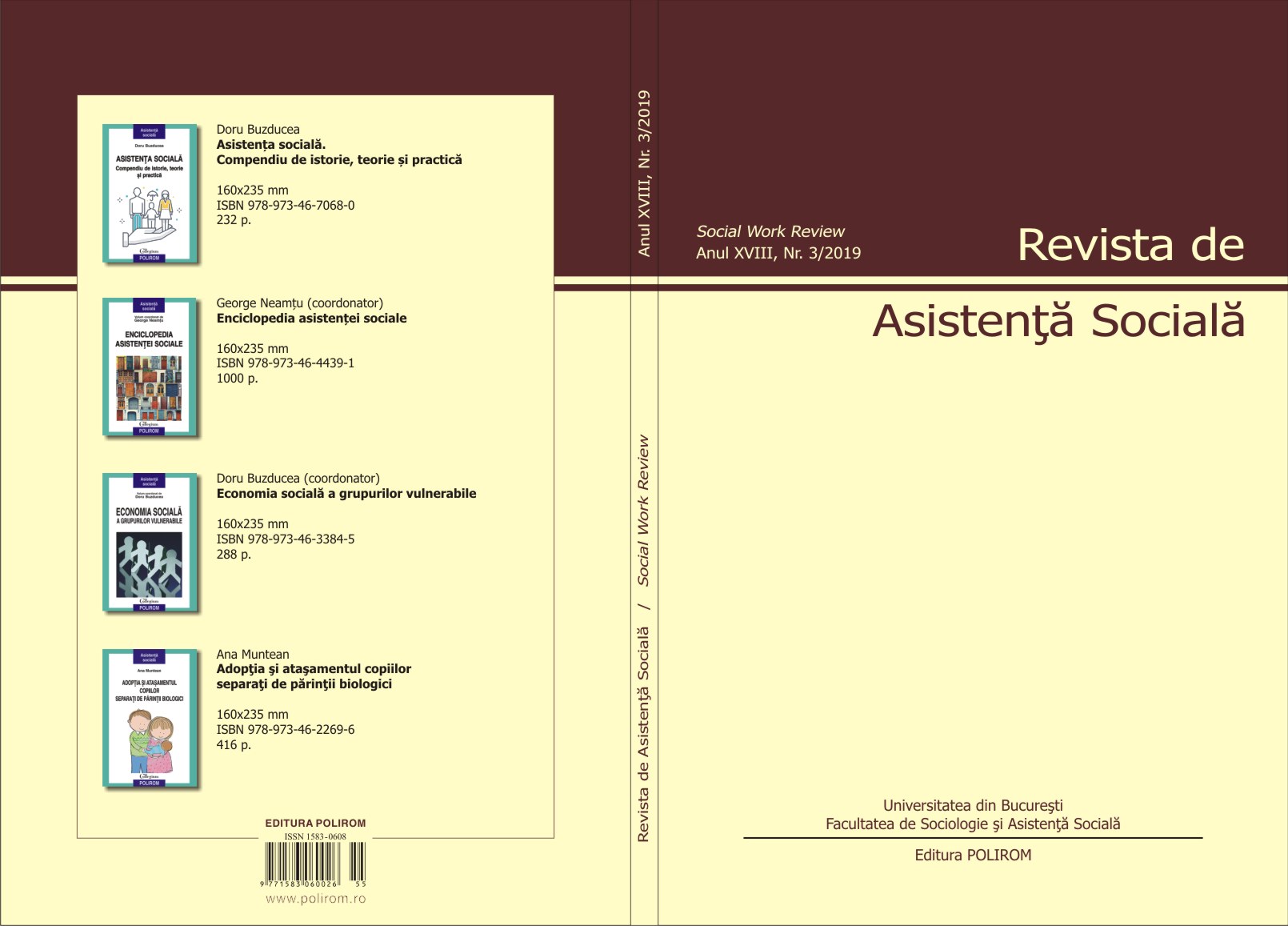Attitudes Towards Globalization and its Implications to Different Categories of Age
Attitudes Towards Globalization and its Implications to Different Categories of Age
Author(s): Alina Maria BreazSubject(s): Social Sciences, Sociology, Evaluation research, Globalization
Published by: POLIROM & Universitatea Bucureşti - Dept. de Sociologie şi Asistenţă Socială
Keywords: attitude;globalization;young people;adults;elderly people;
Summary/Abstract: Attitudes towards certain social categories influence the behavior of people to accept or reject some aspects of social life. Measurement of attitudes aims at detecting the wrong attitudes and trying to correct them through providing additional information. Globalization is viewed as a free movement of goods, services and people around the world. The research studies three population groups: young, adult and elderly, each of 30 subjects to establish their attitudes towards globalization and its implications. A Likert scale of 1 to 5 was used with the following elements: 1 – unacceptable and 5 – very acceptable. The results obtained reflect the attitude of the three groups: young people are the most receptive to the phenomenon of globalization, considering that it offers multiple chances of professional achievement; adults are more reserved but appreciate globalization as a possibility to find jobs; the elders are mostly against globalization which after them has more negative than positive consequences.
Journal: Revista de Asistenţă Socială
- Issue Year: XVIII/2019
- Issue No: 3
- Page Range: 67-78
- Page Count: 12
- Language: English
- Content File-PDF

